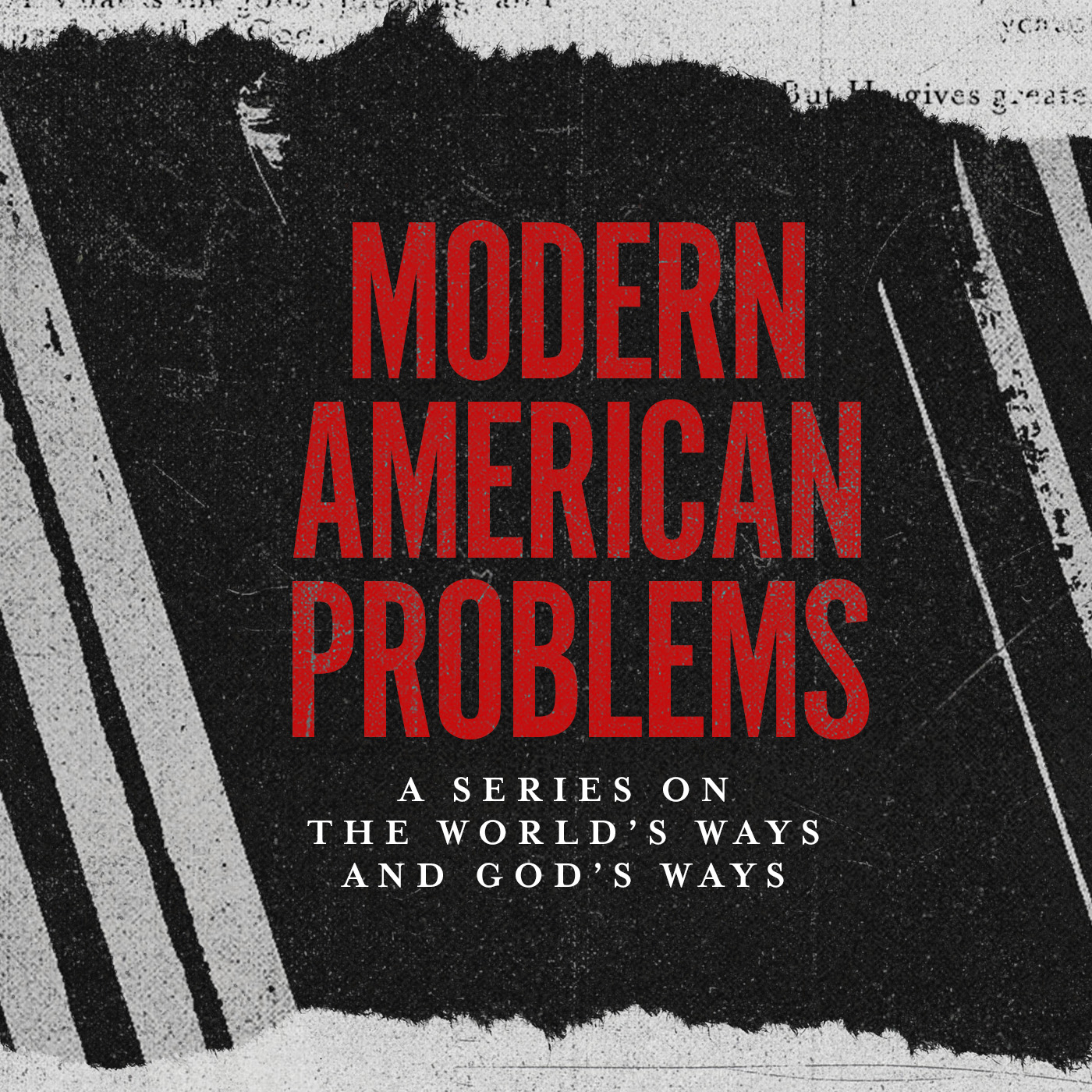Let me start by defining what I mean by typical youth group. I am talking about the youth ministry model that many U.S. churches adopted over the last 50 years. It usually involves hiring someone who specializes in a particular kind of ministry. (It is most often a man, traditionally called "a youth pastor," and he is usually young, hip, and cool, with long hair and/or decent guitar skills.) This guy leads a program directed to attract youth to attend a weekly meeting as well as many other activities that include food, games, music, and fun. Routinely this style of ministry involves lots of 15-passenger van rides to beaches, laser tag arenas, and concerts. The best versions of these groups involve plenty of Bible-teaching and focus on either training Christian kids to be more mature in their faith, and/or reaching out to non-Christian kids to introduce them to Jesus.
I believe, that is what has become known as the typical youth group. I am familiar with the model because I was a youth pastor at traditional youth groups for almost 10 years before becoming the pastor of Good News. I say this so that you will know that I am not analyzing this issue as an outsider who doesn't understand the strengths and weaknesses of this kind of ministry. I was not opposed to the youth group model back when I was in it, and I still don't think it's wrong to do now. However, at Good News Church, we are attempting to do something different than what I was trying to do back then.
At Good News, we typically call our ministry to middle school and high school students the "Youth Bible Study" rather than the "Youth Group." At least, that's what I call it. And that decision has been intentional. My purpose has been to differentiate what we are doing from the other ministries out there that include a lot more flashy elements like summer camps, youth worship services, and ski trips.
But some people might wonder, "why?" Let me give you six reasons:
- It isn't necessary. I wish this were obvious, but maybe I still need to say it. There is nothing wrong with a church that doesn't have a youth ministry like the one described above. They are not required. They are not mentioned in the Bible. They didn't even really exist until the 1940's. (I think that is when ministries like Young Life began.) And I think churches didn't really start doing it until the 1960's and 70's. My point is that Christianity has existed for over 2,000 years, and we've only had youth groups for about 50-60 of those years. So, there's nothing wrong with not following that one particular model of ministry.
- We think it's good to treat teenagers a bit more like adults. Here at Good News, we provide for the teenagers the same two things that we provide for their parents: a Sunday morning church service, and a community group during the week (the students actually break down into multiple discussion groups here on Thursday nights). One day, when they are adults, we hope that they will continue to be involved in our church in the same ways that their parents are, because that has already become "normal" for them. There have been times when I have thought about what happens to kids who attend a youth group with all the bells and whistles, after they grow up. Is it difficult for them to get involved in "big church" after that? What do they do when they are 27 years old and their community group isn't super-entertaining and doesn't have an annual ski trip? I don't know. And the answer probably varies from person to person. But, for now, the way that we are dealing with this issue at Good News is to make our youth ministry a bit like our community groups.
- We want to remain a simple church. One downside to traditional youth ministry is that it is not just adding a meeting on Wednesday nights. The whole model eventually calls for many of these things: the youth pastor, the youth pastor's assistant, high school ministry, middle school ministry, college ministry, band nights, white-water rafting trips, youth buildings, a church bus, a high school mission trip to Guatemala, a middle school mission trip to Mississippi, and several yard sales, car washes, and cake auctions to fund all of it. It can easily become a complicated endeavor.
- We've tried to be careful how we spend money. Notice the stuff in the above paragraph. It costs a lot more than simply having community groups for teenagers.
- We don't think it's important to imitate other churches. Some people might think that we should have done this by now, simply because most churches of our size do it. But we do not feel pressured to do what other churches do. It's like when people say stuff like: "We need a Mother's Morning Out Program because the Methodists have one!" Who says? We try to make our decisions based on what we are trying to accomplish, and not based on what everyone else does.
- We have been trying to not provide a service that gets parents out of the business of discipling their own children. Some parents find it difficult to train their children up in the Lord and feel that they can get around it by dropping the kids off at a youth service one night per week. Well, as a former youth pastor, let me assure you, it is quite difficult to spend two hours per week with a kid and somehow counteract all the stuff that is taking place during the other 166 hours of the week. Yes, we like to provide community groups so that teenagers can gather together, discuss the Bible, and pray for one another. But youth ministry should never replace Christian parenting.

